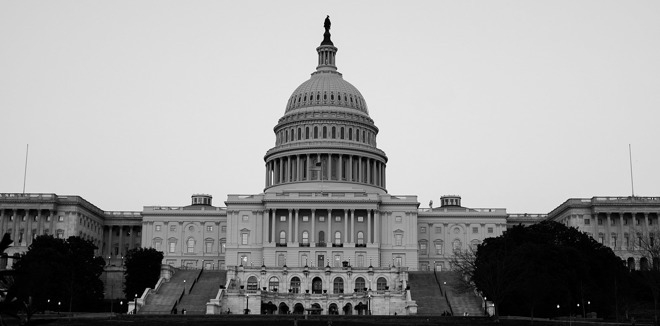Senator Marco Rubio has announced the American Data Dissemination Act, a data privacy bill that aims to shore up existing privacy laws and establish a minimum standard for tech giants like Amazon, Apple, Google and Facebook to obey.
Under the proposal, the FTC would be ordered to examine and suggest what privacy rules should be put in place for major commercial services, including technology companies. The proposal is based on principles from a 1974 law that created rules for federal agencies.
As part of its new scheme, Axios reports the FTC would also be required to find ways to exempt smaller companies from being impacted from the rules.
Importantly, if Congress fails to successfully pass a law within two years of the bill being brought into effect, it would grant the FTC the authority to produce new rules along the lines of its own recommendations. Under current laws, the FTC is capable of enforcing rules, usually by taking parties to court or penalizing organizations, but cannot produce the rules itself.
The rules created under the bill would also preempt privacy rules at a state level, meaning that tougher state laws may be superseded by weaker national versions in some instances. According to an aide of Rubio, this was added to fulfill a request from industry groups who wish to avoid a "patchwork" of rules that vary from state to state.
One of the industry groups is the Information Technology Industry Council, which counts Apple alongside Amazon, Facebook, Google, Intel, and Microsoft among its members.
"It is crucial that we do not create a regulatory environment that entrenches big tech corporations," states Rubio. "Congress must act, but it is even more important that Congress act responsibly to create a transparent, digital environment that maximizes consumer welfare over corporate welfare."
The bill is launching without any co-sponsors.
Rubio's bill is only one of a number of attempts by senators to try and improve data privacy legislation. In November, it was revealed a pair of senators were working on a bipartisan bill that could be drafted by early 2019, which would mandate the protection of consumer data.
 Malcolm Owen
Malcolm Owen







-m.jpg)






 Charles Martin
Charles Martin
 Christine McKee
Christine McKee
 Wesley Hilliard
Wesley Hilliard

 Andrew Orr
Andrew Orr
 William Gallagher
William Gallagher
 Sponsored Content
Sponsored Content








16 Comments
You'd have to be crazy to use Fakebook, I mean Facebook now.
Sounds good on the surface, but the devil is in the details -- and there's already hints that "weaker federal protections" would make it into the final bill. I think I'll wait to see if one of the more competent Senators has a better approach in their bill (and yes, I'm one of Rubio's constituents).
The act's title itself leaves me worried. I want a Data Protection and Privacy Act, not a Data Dissemination Act. The idea is to stop disseminating the damn data.
Google Maps already had the address as a search suggestion.
So I select it and up comes the map. Which I then notice has my Airbnb listing dates shown over next to the Landmark building where I’ll be staying my first two weeks in Ho Chi Minh.
It’s nice to have all that info presented, except I don’t ever recall opting in to allowing Google to scrape data from my FB or Airbnb interactions. Opt-out is simply the wrong way to go in my opinion as users don’t know what’s being scraped until something like this alerts us that our privacy has already been potentially compromised.
So under this bill "major commercial services" like Facebook would have restrictions on what they can do with others' data, but smaller companies would be excluded? I see several problems with this idea. E.g., Who defines "major"? What if the company isn't based in the US? Can major companies do business with smaller companies which aren't restricted by the rules?
What about a level playing field instead?